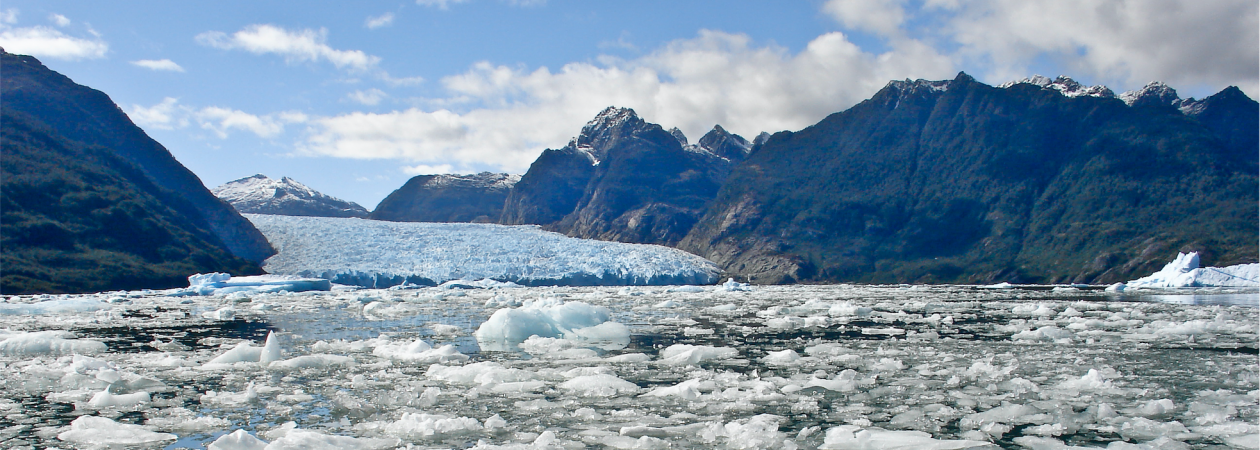
The downward trend in Arctic sea ice is a key factor determining the pace and intensity of future global climate change; moreover, declines in sea ice can have a wide range of additional environmental and economic consequences. Based on several decades of satellite data, we provide statistical forecasts of Arctic sea ice extent during the rest of this century. The best fitting statistical model indicates that sea ice is diminishing at an increasing rate. By contrast, average projections from the CMIP5 global climate models foresee a gradual slowing of sea ice loss even in high carbon emissions scenarios. Our long-range statistical projections also deliver probability assessments of the timing of an ice-free Arctic. This analysis indicates almost a 60 percent chance of an effectively ice-free Arctic Ocean in the 2030s – much earlier than the average projection from global climate models.
Speaker

Francis X. Diebold
Frank Diebold's research interests focus on measurement and predictive modeling in financial asset markets and underlying macroeconomic fundamentals. He has made well-known contributions to the measurement and modeling of asset-return volatility, business conditions, yield curves, and network connectedness. He has published more than 150 scientific papers and 8 books, and he is regularly ranked among globally most-cited economists. He is Founding Fellow and Past President, Society for Financial Econometrics; NBER Faculty Research Associate; Fellow, Econometric Society, American Statistical Association, Guggenheim Foundation, Sloan Foundation, Humboldt Foundation, Journal of Econometrics; Founding Fellow, International Association for Applied Econometrics, Society for Economic Measurement; Honorary Fellow, International Institute of Forecasters; and Past Editorial Board Member, Econometrica, Review of Economics and Statistics, and International Economic Review. His academic "family" includes more than 70 Ph.D. students.
Moderator

Arthur van Benthem
Arthur van Benthem's research specializes in environmental and energy economics. His recent work studies the unintended consequences of environmental legislation and the economic efficiency of energy policies. His current research focuses on markets for transportation, renewable energy, and oil & gas. He also writes for general audiences about economics, energy and the environment. His columns have appeared in the Boston Globe, the Economist, the Philadelphia Inquirer, and the Wall Street Journal, among others. Before pursuing his doctoral studies at Stanford, he worked in various roles at Royal Dutch Shell, most recently in corporate strategy as an energy economist in the Long-Term Energy Scenarios Team.
